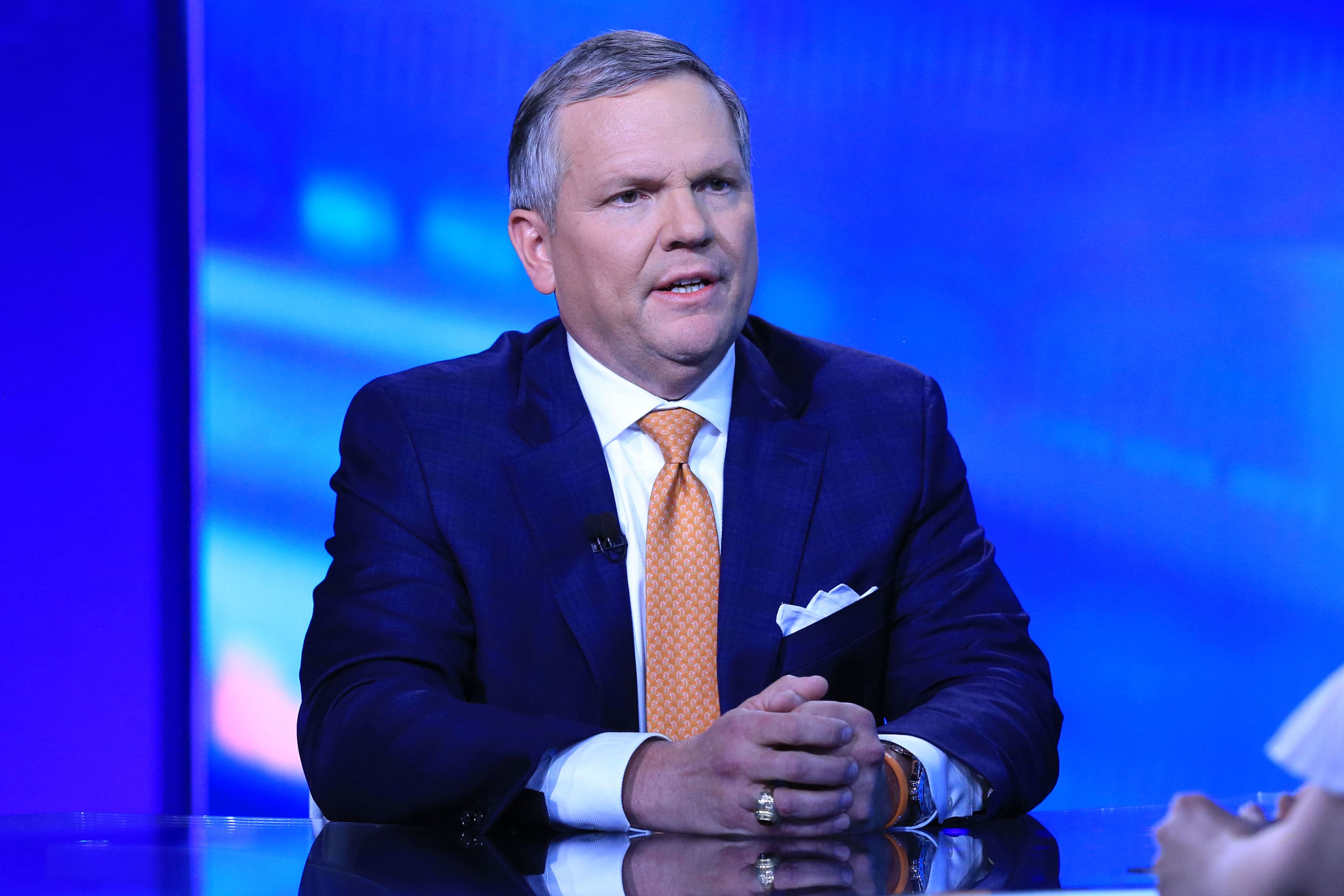LIBREVILLE (Reuters) – Military officers in oil-producing Gabon said they seized power on Wednesday and placed President Ali Bongo under house arrest, a move that came minutes after the Central African country’s electoral commission announced he had won a third term.
The officers, who said they represented the armed forces, announced on television that the election results had been annulled, borders closed and state institutions dissolved, after a tense vote that was set to extend the Bongo family’s rule for more than half a century.
One of the officers, Brice Olighe Nguema, who appeared in a video to have been welcomed as their leader, told French newspaper Le Monde that he and other generals would meet on Wednesday to choose someone to head the transitional government.
Hundreds celebrated in the streets of the Gabonese capital, Libreville, the army’s intervention, while the African Union and France, the former colonial ruler of Gabon and which has forces stationed there, condemned the coup.
If successful, the coup in Gabon will be the eighth in West and Central Africa since 2020. The most recent, in Niger, was in July. Military officers have also seized power in Mali, Guinea, Burkina Faso and Chad, erasing democratic gains made since the 1990s and sparking fear among foreign powers with strategic interests in the region.
“I’m walking today because I feel happy,” said Jules Lebege, an unemployed 27-year-old who joined the crowds in Libreville. “After almost 60 years, the Bongos are out of power.”
Bongo took power in 2009 after the death of his father, Omar, who had ruled the country since 1967. Opponents say the family did little to share the state’s oil and mining wealth with its 2.3 million people.
Violent unrest erupted after Bongo’s controversial election victory in 2016, and there was a failed coup attempt in 2019.
The Gabonese officers, who call themselves the Transition and Institutional Restoration Committee, said the country was facing a “severe institutional, political, economic and social crisis” and that the vote held on August 26 was not credible.
They also said they had arrested President Noureddine Bongo’s son Valentin and others on charges of corruption and treason.
Republican Guard Commander Nguema told Le Monde newspaper that no leader had been chosen but a meeting would be held on Wednesday to make a decision.
He said, “Everyone will present ideas and the best one will be chosen, as will the name of the person who will lead the transitional period.”
Television footage showed a man who appeared to be Nguema being held aloft by soldiers chanting “President Olegy” using one of his names.
There was no immediate comment from the Gabonese government, and it was not possible to confirm Bongo’s whereabouts.
The Gabonese military is seen on television as they announce that they have seized power after the re-election of President Ali Bongo Ondimba, in this photo obtained by Reuters on August 30, 2023. Gabon 1ere/Handout via REUTERS Obtain licensing rights
coup “infection”
Bongo, 64, was last seen casting his ballot on Saturday. Before the vote, he was looking healthier than his poor television appearances after suffering a stroke in 2018.
And unlike Niger and other Sahel countries, Gabon, which lies further south on the Atlantic coast, has not had to fight destabilizing Islamist insurgencies. But the coup is another sign of democratic backsliding in the volatile region.
Nigerian President Bola Tinubu, the current head of ECOWAS, said the “contagion of authoritarianism” was spreading across the continent. He said he was working closely with other African leaders on how to respond in Gabon.
The African Union condemned the events and called on the army to ensure the safety of Bongo and his family, while China and Russia expressed their hope that stability would return quickly.
“We condemn the military coup and recall our commitment to free and transparent elections,” said Olivier Ferrand, a spokesman for the French government.
The coup creates more uncertainty about the French presence in the region. France has about 350 soldiers in Gabon. Its forces were expelled from Mali and Burkina Faso after coups there in the past two years.
French miner Eramet, which has significant manganese operations in Gabon, said it had suspended operations.
Gabon produces about 200,000 barrels of oil per day, mostly from depleted fields. Among the international companies are the French company Total Energy and the Anglo-French company Perenco.
Concerns were raised about the transparency of the weekend elections due to the lack of international observers, the suspension of some foreign broadcasts, the decision to cut off internet service and the imposition of a night-time curfew after the vote. Bongo’s team has rejected allegations of fraud.
On Wednesday, internet access appeared to be back for the first time since the vote.
Shortly before the coup was announced, the Electoral Commission announced Bongo’s victory in the elections with 64.27% of the vote, and said that his main rival, Albert Ondo Osa, had won 30.77%.
Gabon’s dollar-denominated bonds fell as much as 14 cents on Wednesday before recovering to trade down 9.5 cents on the dollar.
(Additional reporting by Alessandra Prentice, Elizabeth Pineau, Felix Onuah, Sophia Christensen, Sudeep Kar Gupta and Liz Lee – Prepared by Mohammed for the Arabic Bulletin) Writing by Nellie Beaton and Sophia Christensen. Edited by Simon Cameron-Moore, Edmund Blair and Mark Heinrich
Our standards: Thomson Reuters Principles of Trust.

“Unapologetic tv specialist. Hardcore zombie trailblazer. Infuriatingly humble problem solver.”






/cloudfront-us-east-2.images.arcpublishing.com/reuters/75IMY5VOBVO3VMMPU2CG7SY44Y.jpg)
More Stories
A Transair Boeing 737 plane slides off the runway in Senegal
The UK Supreme Court has ruled on $43 million worth of treasure from a World War II ship sunk by Japanese torpedoes.
Chinese President Xi Jinping receives an official reception in Serbia